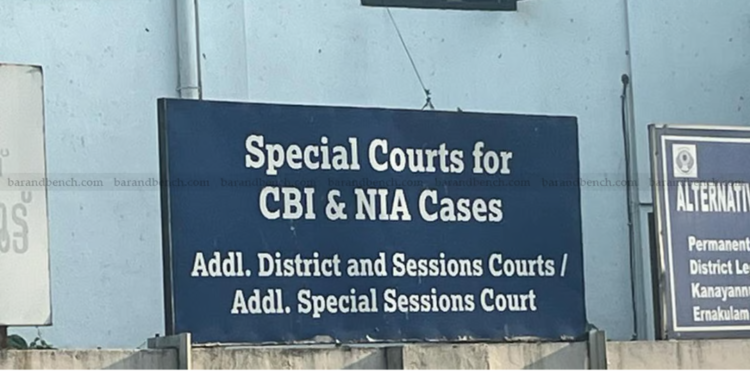The Allahabad High Court recently urged the State government to consider issuing a notification to establish more Special Courts in Uttar Pradesh to expedite the proceedings of scheduled offences under the National Investigation Agency (NIA) Act [Lakhan @ Kunjan vs State of UP].
A division bench consisting of Justice Attau Rahman Masoodi and Justice Ajai Kumar Srivastava also directed the State to appoint Public Prosecutors to handle cases before these Special Courts and to ensure prompt investigations.
“We also deem it appropriate that the Director, Judicial Training & Research Institute (JTRI), shall provide training to the Judicial Officers working in all the Special Courts to achieve the distinctive objectives of the relevant Acts, including the NIA Act,” the Court further ordered.
These directions were issued during the hearing of a criminal appeal where a legal question arose regarding the jurisdiction of the NIA Courts. The Court examined whether NIA courts can only try cases investigated by the NIA or all offences scheduled under the NIA Act.
The Court noted that while designated courts are empowered to try all scheduled offences investigated by the NIA, the jurisdiction of Special Courts also extends to offences investigated by the NIA in association with the State or by the State government itself.
“The mechanism of investigation under the Act is threefold: (a) offences investigated by the NIA as notified by the Central Government, (b) offences notified by the Central Government to be investigated by the NIA in association with the State or transferred back to the State Government for investigation, and (c) scheduled offences under the Act investigated by the State government,” the Court explained.
It clarified that designated courts have exclusive jurisdiction over offences investigated by the NIA but noted challenges with the other two categories of cases.
The accused and the State government argued that scheduled offences not investigated by the NIA should be tried under the general criminal law mechanism, not by NIA courts. They contended that the law does not permit overburdening designated courts with every scheduled offence under the NIA Act.
However, the Court disagreed, referencing Section 22 of the NIA Act, which empowers the State government to notify a designated Court under the enactment.
The Court reviewed the status of NIA Courts and their case backlogs in Uttar Pradesh, finding that only one court had been designated for numerous cases notified by both the Central and State governments in the state with the largest population.
“The discussed position makes it evident that both the Central Government and State Government have notified the Special Courts. Additionally, a Court of Judicial Magistrate is also functioning to try scheduled offences within its jurisdiction. The State Government should reconsider the notification of Special Courts to streamline the justice process strictly according to the Act and its objectives,” it observed.
The Court also emphasized that the State government must appoint Public Prosecutors for trials of scheduled offences in Special Courts.
“We are informed that no mechanism is currently in place by the State Government to appoint Public Prosecutors for cases before the Special Courts. This matter deserves immediate consideration by the State Government, alongside ensuring prompt investigations according to the law,” it stated.
Advocates Nasreen Bano and Shyam Kinkar Pandey represented the appellant.

















